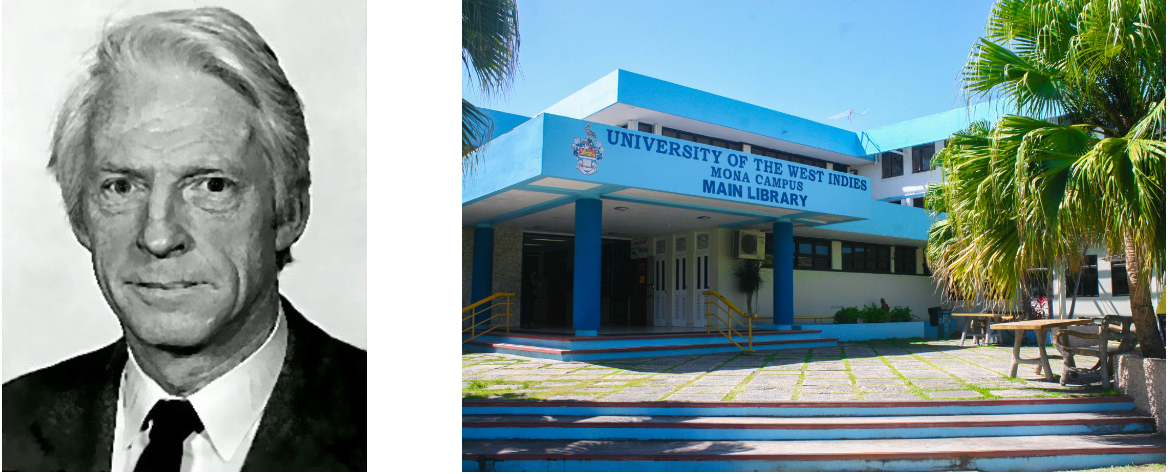This year (2021) we celebrate an important milestone for those with diabetes, 100 years since the discovery of insulin. This blog gives a quick overview of the key facts around how it was discovered and developed.

The importance of the discovery of insulin in 1921 has been recognised by the Royal Mint with the release of a special 50 pence piece, part of their Innovation in Science collection.

If you're interested in finding out more about the coins there's information about its design, the maker and the history of insulin at:
https://www.royalmint.com/our-coins/events/100-years-since-the-discovery-of-insulin/
Discovering insulin
Diabetes as a serious medical condition has been known of for millennia with first mentions appearing in ancient Egyptian, Indian and Chinese textbooks.
The Greek anatomist Herophilos first described it around 300 BCE.
It was often recognised when a person first showed symptoms of exceptional thirst and the need to urinate frequently. However, no one knew what caused diabetes and it was untreatable with death a certainty for those diagnosed with the condition.

The term “diabetes” is derived from the Greek word “διαβńτης”, which translates as “diabḕ tēs” and is taken to mean "siphon".

Until the 20th century, tasting urine was the primary test for diabetes diagnosis and rather than do this themselves, many doctors would get their patients to perform the test.
The only treatment was an extreme diet, that amounted to starvation. Those diagnosed were limited to around 450 calories of food per day! A person's life span was typically just one year after diagnosis. Many died sooner from DKA.

In 1869, Paul Langerhans, a German medical student, discovered that inside the pancreatic tissue were clusters of cells in which digestive juices were produced. The function of these cells were unknown, but this established that there was a link between the pancreas and diabetes. These cluster cells - later discovered to secrete insulin - were later named islets of Langerhans.


In 1889, Oskar Minkowski, a pathologist at the University of Strassburg – part of Germany at the time -discovered that removing a pancreas from a dog caused diabetes. Flies were found to be feeding off the dog’s urine, which is shown to contain sugar.

In 1921, a young surgeon from Ontario, Canada, Frederick Banting had an idea in the middle of the night as to how he could isolate the internal secretion of the pancreas to treat diabetes. He and his assistant, Charles Best, first used dogs to carry out his experiments.


The procedure they followed worked in part as the dog they first used didn't die immediately.

Banting and Best were supported by Proffesor John Macleod and allowed to work in his lab. They also collaborated with a chemist named James Collip, who invented a way of purifying the dog insulin they used and this meant that the dogs didn't die.
On 11th January 1922 a 14 year old boy with type 1 diabetes, Leonard Thompson, was the first person with the condition was given the first medical injection of a pancreatic extract. Despite having an allergic reaction to the dog-insulin, he quickly recovered from the insulin procedure.
The extract used was subsequently named 'insulin', from the latin word 'insula' meaning island.
By May 1924, diabetes was no longer a fatal disease.

In 1923 the Nobel Prize was awarded to Frederick Banting and John Macleod, but in recognition of their work too Banting split his half of the prize money with Best, and Macleod split the other half of the prize money with Collip.

In January 1923, Banting, Best and Collip were awarded the American Patent for insulin, but Banting felt it was unethical for a doctor to profit from a discovery that would save lives. He gave away all rights to the discovery of insulin to the University of Toronto.
Banting reportedly said, “Insulin belongs to the world not me.”

Frederick Banting died in 1941 while being on a secret mission flying to England his plane went down in Newfoundland. He was involved in testing an anti-gravity flying suit.

Eli Lilly was the first manufacturer of insulin, derived from the pancreases of pigs and cows. They named their product 'Iletin'.

In 1950, Novo Nordisk, Inc. introduced the first slow-acting insulin. This allowed for more versatile treatments.
The first genetically engineered or “human” insulin became available in 1982.
Diary date!
A key date celebrated by many of those with diabetes around the world is 14th November which marks Frederick Banting’s birth and is the date chosen as World Diabetes Day. Every year on this date events are held worldwide to celebrate the discovery of insulin and to raise awareness of diabetes.
FIND OUT MORE: https://insulinat100.org and for World Diabetes Day see https://www.diabetes.org.uk/
____________
Disclaimer
Love My Libre Ltd is not associated or affiliated with Abbott or FreeStyle Libre. Content here and on our website www.lovemylibre.com does not constitute medical advice or replace the relationship between you and healthcare professionals nor the advice you receive from them.
The author of this blog has type 1 diabetes and uses the FreeStyle Libre 2 which is provided on NHS prescription.




Leave a comment (all fields required). Please note, we are unable to respond to individual comments posted here.